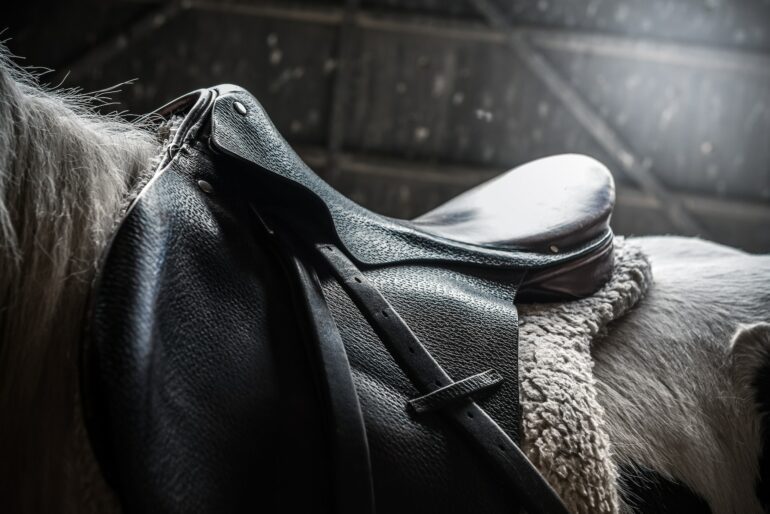When they are well-cared for, horses can live into their late twenties or even early thirties. If you're thinking about purchasing a horse, it's vital to do plenty of research and be well-prepared before you welcome your horse into your life. Horses are social herd animals and have unique needs including proper feed, open spaces, exercise, regular grooming, and frequent veterinary care.
Basic Needs
Just like any other pet, a horse needs access to clean drinking water and proper feed designed for their individual needs. Make sure you regularly monitor your horse's weight. Just like people, being to large or too thin is unhealthy and can cause a lifetime of problems for your horse.
Unlike other pets, horses need more frequent vaccinations, regular hoof care from a farrier, and consistent dental care. Your horse will also need regular de-worming, supplements, and blood tests like Coggins tests. Make sure to schedule regular check-ups with your horse's vet and immediately address any concerns you might have. It's a good idea to set aside some money for unforeseen veterinary bills for sickness, injury, or other conditions.
Horses must be groomed more than other animals to keep them clean and healthy. Grooming not only keeps your horse clean, but it is also an opportunity to check for injuries, hot spots, parasites, or other signs of illness. Picking hooves out consistently can prevent foot diseases like thrush.
Your horse needs appropriate shelter from the elements. Whether you choose to keep your horse on your own property or board them, they'll need a barn or other post-frame building to live in. Wherever they live, a horse should have room to roam, to graze, and some opportunities to be social with other horses or animals.
Extra Needs
If you plan to ride and work with your horse, you'll need to understand how to properly manage your horse. Buying a stallion or a high-spirited mare or gelding if you're new to horses will cause damage to them and you in the long run. When you've selected a horse, ensure that the tack you buy fits your horse properly. Keep it clean and in good condition to prevent injury.
Even if you're a seasoned rider, it's a good idea to take lessons or ask for help with training from a professional. Each lesson or groundwork session can help improve communication between you and your horse. Always ride safely with your horse's well-being in mind. Don't attempt risky jumps or high speeds when you're getting to know your horse. Don't push your horse too hard or too long.
Horses have mental health needs, too. Just as you wouldn't want to be stuck in a box all day, don't do it to your horse. Give your horse pasture time for exercise, stimulation, and socialization. Horses work hard, and deserve time to play, too.
Owning a horse is a wonderful opportunity for growth and bonding, but you must take their care seriously. With access to good veterinary care, proper nutrition, good shelter, and free time in the pasture, your horse can enjoy life to the fullest


